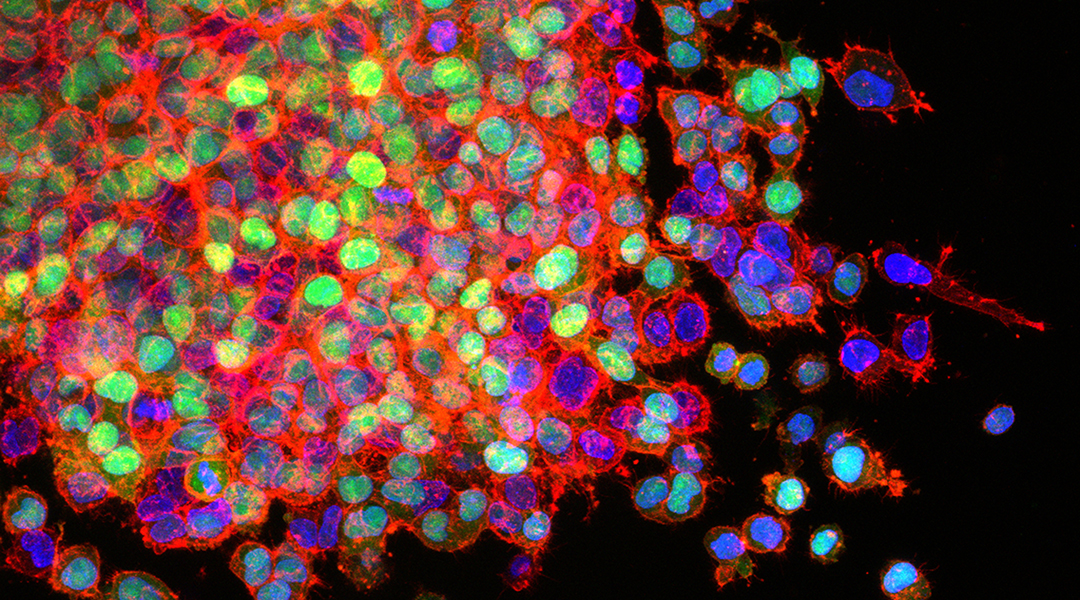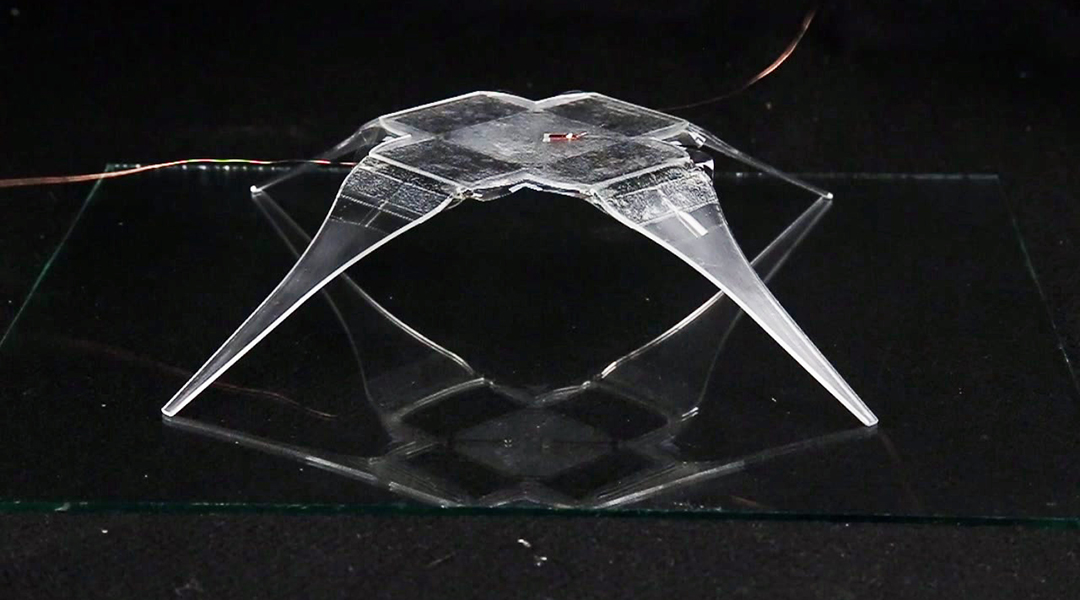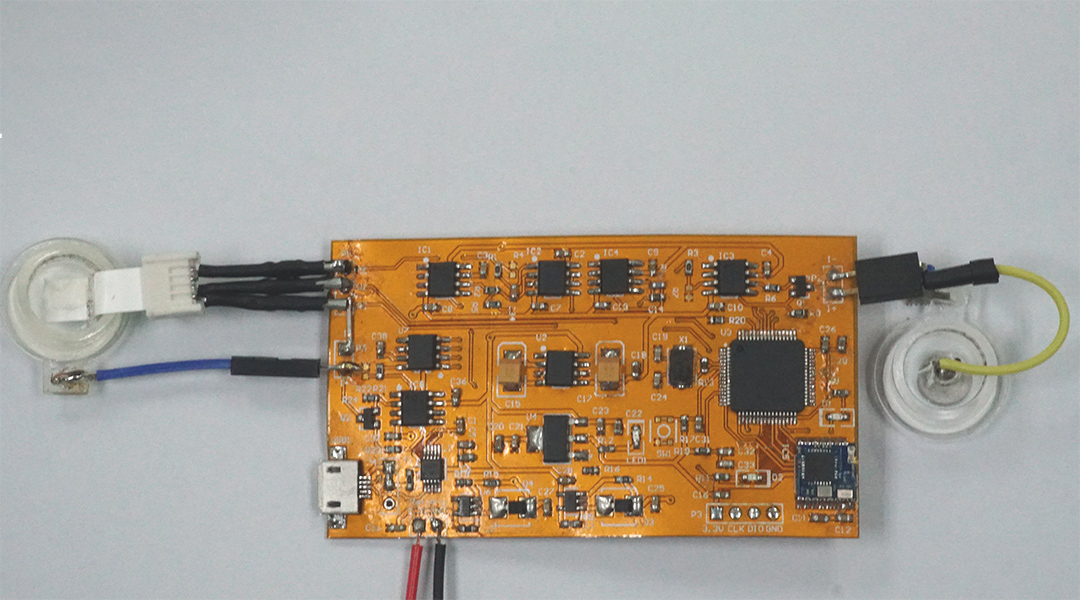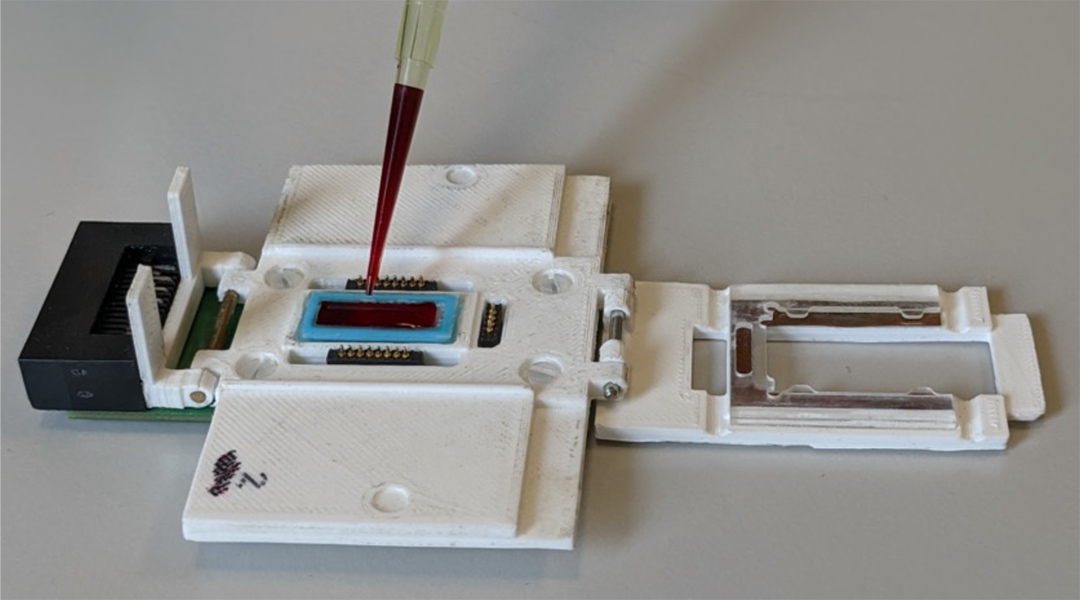Loneliness has been linked to detrimental and sometimes deadly health effects, and so researchers are seeking a biological answer to help prevent and treat it.


Loneliness has been linked to detrimental and sometimes deadly health effects, and so researchers are seeking a biological answer to help prevent and treat it.

Plant virus nanoparticles home in on the lungs to help prevent the spread of cancer.

The surgical anesthesia drug, propofol, used in tumor removal, could help promote the spread of cancer by triggering changes in tumor cell properties.

A lubricating coating minimizes tissue damage and the body’s immune response for safer, long-lasting implantable medical devices.

A drug that changes conformation in response to light allows researchers to manipulate neural activity and investigate the link between brain states and behavior.

Small clinical trial has found that metabolic activators can improve recovery, liver health, and markers of inflammation in patients with COVID-19.

Robotic joints inspired by spiders help researchers create a new class of jumping, grasping, lightweight robots.

Minimally invasive smart patches can continuously monitor glucose blood levels and administer insulin as needed.

Using silk proteins, researchers create crosslinking fibers that contain iron complexes similar to those used by sticky underwater sea creatures.

A new lab-on-chip technology enables the rapid and quantitative identification of malaria parasites in the blood for better and more accurate diagnosis in remote regions.